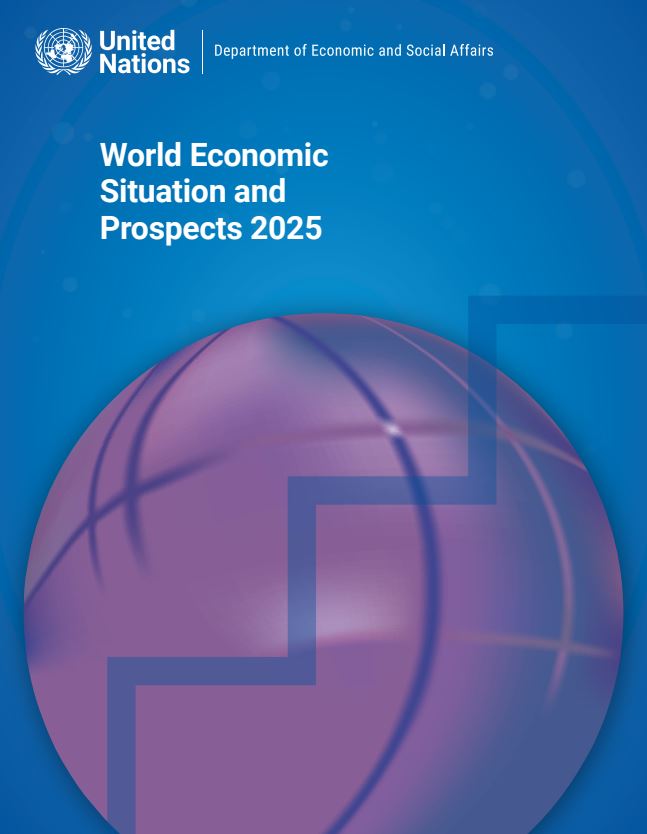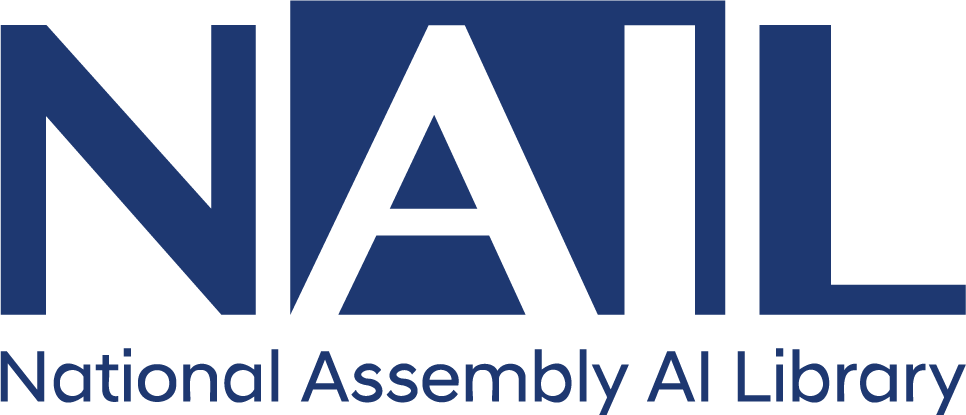
- UN의 성장률 전망치는 정부와 글로벌 투자은행(IB), 다른 국제기구 등이 내놓은 예상치보다 높음
□ 지난해 한국 성장률 추정치로는 2023년 1.4%보다 높은 2.0%를 내놓았는데, 성장률 증가와 관련해 반도체 관련 수출이 호조를 보인 반면 수입은 정체되었다고 평가함
- 또한 올해 성장 동력은 내수로 옮겨갈 전망이라면서 실질 임금의 빠른 상승과 금융 비용 감소 등이 기여할 것으로 전망함
- 소비자물가 상승률은 2023년 3.6%에서 지난해 2.3%로 낮아진 것으로 추정했으며, 올해(1.6%)와 내년(1.8%)에는 1%대에 머무를 것으로 예상함
□ 보고서는 올해 전 세계 성장률이 2023·2024년과 같은 2.8%를 유지할 것으로 전망함
- UN은 “세계 경제 성장률은 코로나19 이전인 2010∼2019년 평균 3.2%보다 낮아질 전망”이라면서 “투자 부진, 생산성 증가 둔화, 높은 부채 수준, 인구 압력 등 구조적 어려움을 반영한다”고 언급함
- 보고서는 경제 규모가 가장 큰 미국과 중국의 성장세가 둔화하면서 미국은 지난해 2.8%에서 올해 1.9%, 중국은 지난해 4.9%에서 올해 4.8%로 성장률이 낮아질 것으로 예측함
- 일본은 지난해 -0.2%에서 올해 1.0%, 독일은 지난해 -0.2%에서 올해 0.3%로 성장률이 높아질 것으로 예상함
[출처] 유엔, 올해 한국 경제 2.2% 성장 전망…세계 경제는 2.8% (2025.01.10.) / 연합뉴스
목차
Foreword III
Explanatory notes IV
Acknowledgements V
Sustainable Development Goals VI
Executive Summary VII
Chapter I
Global Economic Outlook 5
Global economic environment and growth prospects 5
Stable global outlook with mounting uncertainties 5
Increasing economic divergence across countries 9
Outlook for least developed countries, landlocked developing countries, and small island developing States 11
Inflation and food security 12
Global disinflation trend amid coutinuing food inflation and insecurity in developing economies 12
Labour market trends and challenges 16
Developed economies experience slowing employment growth 16
Developing economies coutinue to grapple with high youth unemployment 18
Prospects for global trade and investment 19
International trade rebounds after a slump in 2023 19
Modest improvement in investment, though challenges remain 24
International finance 30
Cross-border financing flows have resumed growth 30
Official development assistance 33
Macroeconomic policy challenges 34
Monetary policy: most central banks have shifted to monetary easing 34
Fiscal policy: challenges persist in the aftermath of multiple shocks 36
Strengthened international cooperation is needed to achieve full growth potential 41
Chapter II
Harnessing the Potential of Critical Minerals for Sustainable Development 43
Introduction 43
The state of play in the critical minerals sector 44
Critical minerals are indispensable for the energy transition 44
Critical minerals markets reflect shifting dynamics 46
National policies around critical minerals are growing 53
Leveraging critical minerals for the Sustainable Development Goals 53
Accelerating SDG gains and avoiding pitfalls 53
Macroeconomic policies for maximizing SDG gains 59
Inclusive governance for sustainable development 61
Investment in critical minerals 63
The state of investments 63
Investment needs and the financing gap 65
What is deterring investment in critical minerals? 66
Industrial policy to mazimize the benefits of critical minerals 67
Technology access remains a challenge 67
A proactive but heterogeneous policy landscape 69
There is no one-size-fits-all 71
Ambitious yet pragmatic industrial policy measures 75
Leveraging financing instruments to promote investment in critical minerals 76
Strengthening global cooperation to enhance the role of critical minerals in the energy transition and sustainable development 80
Spillovers from unilateral critical minerals policies 80
New mechanisms for global cooperation on critical minerals 82
Chapter III
Regional Developments and Outlook 91
Developed economies 91
Northern America 91
Europe 94
Developed economies in Asia 101
Economies in transition 105
Commonwealth of independent States and Georgia 105
South-Eastern Europe 109
Developing economies 111
Africa 111
East Asia 119
South Asia 125
Western Asia 131
Latin America and the Caribbean 137



